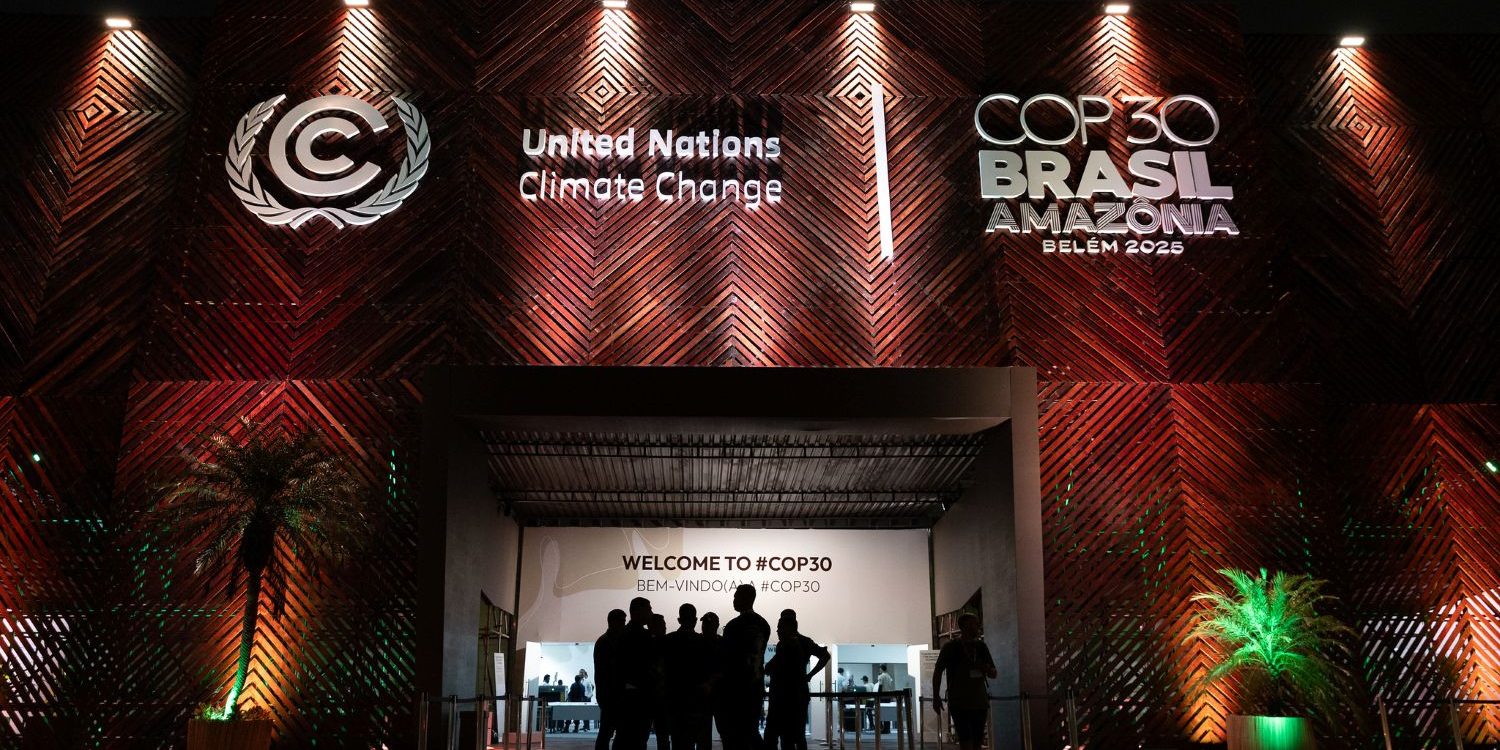Cop30: Where there’s smoke (and mirrors), there’s fire
After launching on November 10, Cop30 – hosted in Belém, Brazil – promises to be a crucial moment to assess long term solutions to the climate crisis. But at a time when increasing numbers are turned off to the realities of global heating, what does another conference achieve?
Following almost three decades of annual climate conferences, the Cop summits have become more tokenistic than practical, failing to achieve realistic goals. “It is now clear that the Cop is no longer fit for purpose. We need a shift from negotiation to implementation,” said climate scientist Johan Rockström and former UN Climate chief Christina Figures.
They argue that the conference should be reserved for states that are focusing on positive progress, working to achieve the climate goals they set out. According to the Climate Change Performance Index (CCPI) the highest ranked countries include Denmark, the Netherlands, and the United Kingdom, with the lowest including Russia and Canada.
There is growing resentment among major world powers concerning the spirit of the Cop conferences
Many leading powers struggle to stick to self-imposed targets, feeding into the perception that capable countries are either unwilling or incapable of creating real change when it comes to ensuring a sustainable climate future. According to the Climate Change Act, the UK must achieve Net Zero by the year 2050. However, the UK’s Climate Change Commission (CCC) released a report that the country is failing to achieve its targets due to relaxes on electrical vehicle incentives and home insulation backtracking.
Cop29, held in Baku, Azerbaijan in 2024, was a pointed indication that there is still a long way to go in terms of climate progress on an international stage. In spite of some well-meaning symbolic measures, much of the substance of the conference was smoke and mirrors. The $300 billion collective promise in renewables spending fell short of what is needed at this stage, and the lack of binding agreement to phase out fossil fuels was a real detriment to the ideals of sustained climate action from the A-Players in a more sustainable world.
Beyond this, there is growing resentment among major world powers concerning the spirit of the Cop conferences. The United States, under President Donald Trump, is now one of only four nations to formally reject the Paris Agreement. Trump refuses to take part in the global stock take of the effects of climate change, largely due to the fact that he believes climate change as a concept is manufactured. During an address to the United Nations General Assembly on September 23, the US President called climate change “the greatest con job ever perpetrated on the world”, and went on to say that recent climate predictions had been made by “stupid people” who had “evil intentions”.
[Cop30] may well be symbolic of a collective failure to meet, let alone exceed, the lofty climate ideas that have been set
The United States sits alongside Iran, Nicaragua, and Syria as the only nations not to have ratified the treaty. This marks a damaging precedent of the 21st century in which climate action becomes either politically expendable or harnessed as a political device. Trump’s climate-denial rhetoric is designed to be antagonistic and cut against popular consensus around the dangers of climate change. Many world leaders emulate this rhetoric, arguing that climate action is antagonistic to national interests, particularly in manufacturing, opting to shift resources back towards these industries.
The sensationalism, spectacle, and media-attention has begun to lose its shine around the Cop conferences. Against this backdrop, Cop30 does not face an environment that welcomes hopeful climate resolutions – it may well be symbolic of a collective failure to meet, let alone exceed, the lofty climate ideas that have been set. Climate scientists warn that by as soon as 2028, it may become inevitable that the planet exceeds the 1.5 degree threshold of increase in global temperature stipulated by the Paris Climate Agreement.
“We are on a highway to climate hell with our foot on the accelerator,” said UN Secretary General Antonio Guterres during one of the last COP international conferences.
Before the road runs out, only we can decide to slam the breaks.

Comments